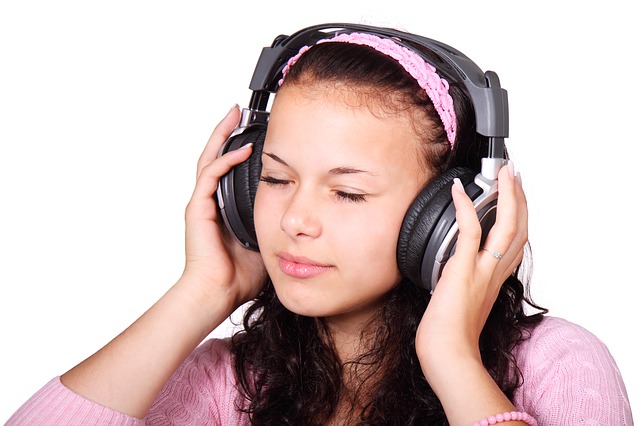Our five main senses are among the most important things we have, and no one could tell you that with more confidence than someone who’s blind, deaf, or has difficulty sensing tastes, smells, and touch. For this reason, it’s important to protect what sensations we possess while we’re still able.
Imagine a life without perfect hearing, in which you’d have to turn to digital hearing aid technology or sign language to get by. I struggle to envision how I’d cope without music, the sound of people’s voices, or gentle lapping of waves on a beach. If you find yourself nodding in agreement, follow some of these easy steps to keep your hearing sound (pun intended) for life.
Turn down the music!
I’m looking at you, fellow young’uns. You see it everywhere — on buses and trains, in the street and hostels, and in places where one is typically supposed to remain quiet: people with their earphones in and the sound up so loud you can vouch for their taste in music on the other side of the room. Not only is this really irritating, but that loud music is damaging the fine hairs on the inside of your ears, which leads to hearing loss.
Consider following the 60/60 rule: don’t listen to music at more than 60% of your player’s capable volume, for more than one hour at a time. You know you’re jammin’ too loudly when you literally can’t hear anything else in the background. So, be reasonable — everyday sounds aren’t that bad, really.
Wear protective earmuffs if working in a noisy environment
Most workplaces that house heavy-duty equipment should provide good protective earwear, anyway. However, if you’re self-employed (or just work with a really cheap and dodgy company), then you won’t necessarily know what levels of noise are safe. Anything below 85 decibels is considered okay — so, anything between a normal conversation and, say, a lawnmower. If you’re not sure, seek some professional advice.
Back away from the amplifiers
Do you go to clubs or live concerts often? Then you may be endangering your precious cochleas (the spiral-shaped organs in your inner ear). If you find yourself stuck in a moshpit or rave, then squeeze your way away from the speakers or amps — the further the better. Also consider going outside for some quiet time — five minutes or so every hour. (This tactic won’t exactly hurt your voice, either).
Don’t use cotton buds to clean your ears
Our ears require wax as a protective measure, and most of the time, we don’t need to worry about having too much. However, if you’re feeling self-conscious, DO NOT use cotton buds to dig it out — all they do is push earwax deeper into the inner ear, and potentially separate and get stuck, at which point you have to visit a doctor to have the bud extracted. Instead, buy some ear drops to administer at night before bed — your wax will soften and be expelled harmlessly.
Prevent damage from certain drugs and disease
Did you know that a number of drugs and diseases supply deafness as a potential side effect? Neither did I. Some common medications, such as aspirin and anti-malarial pills, contain salicylates, which are linked with hearing loss, as does industrial-strength chemical solvent. Moreover, some nasty illnesses like mumps, measles, rubella, whooping cough, meningitis, and syphilis can all lead to hearing impairment — as if you didn’t need another excuse to get immunised and wear a love glove.
Hear’s to (pun still intended) a long and productive life for your ears!
